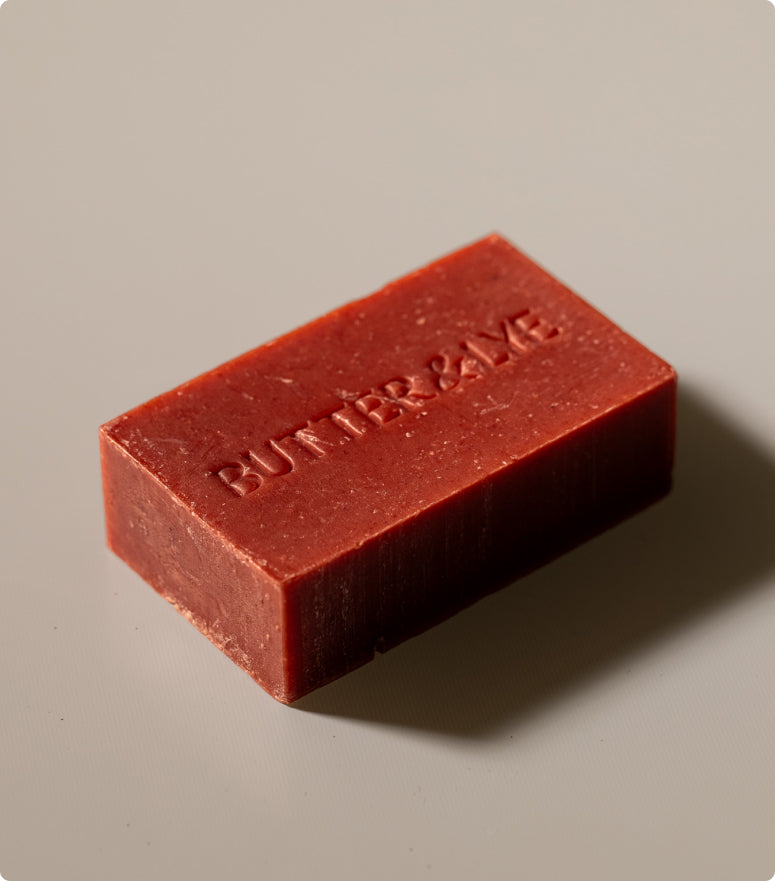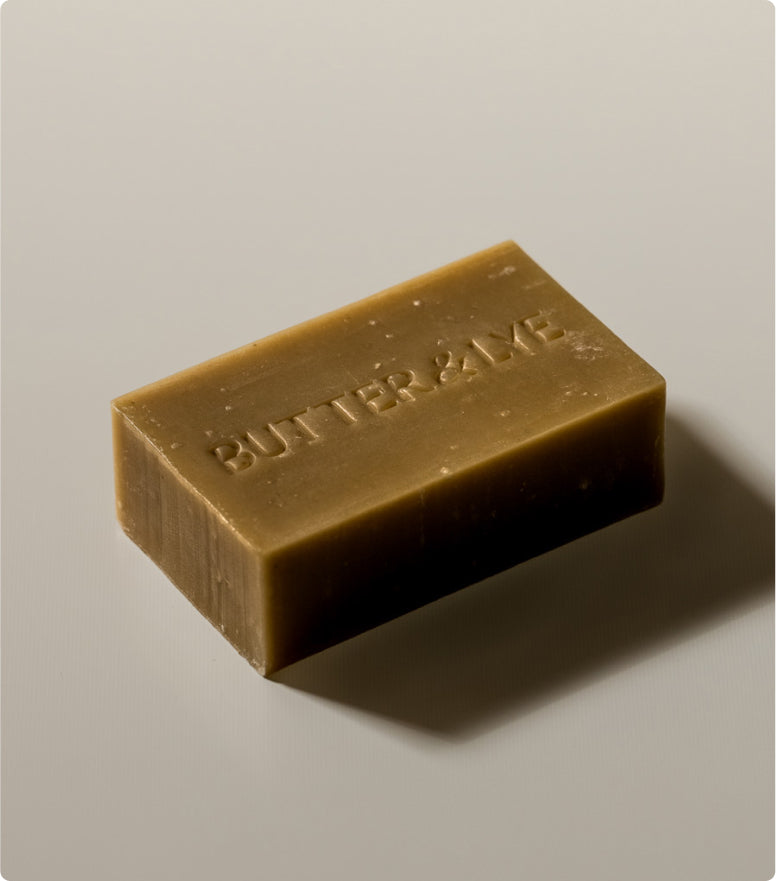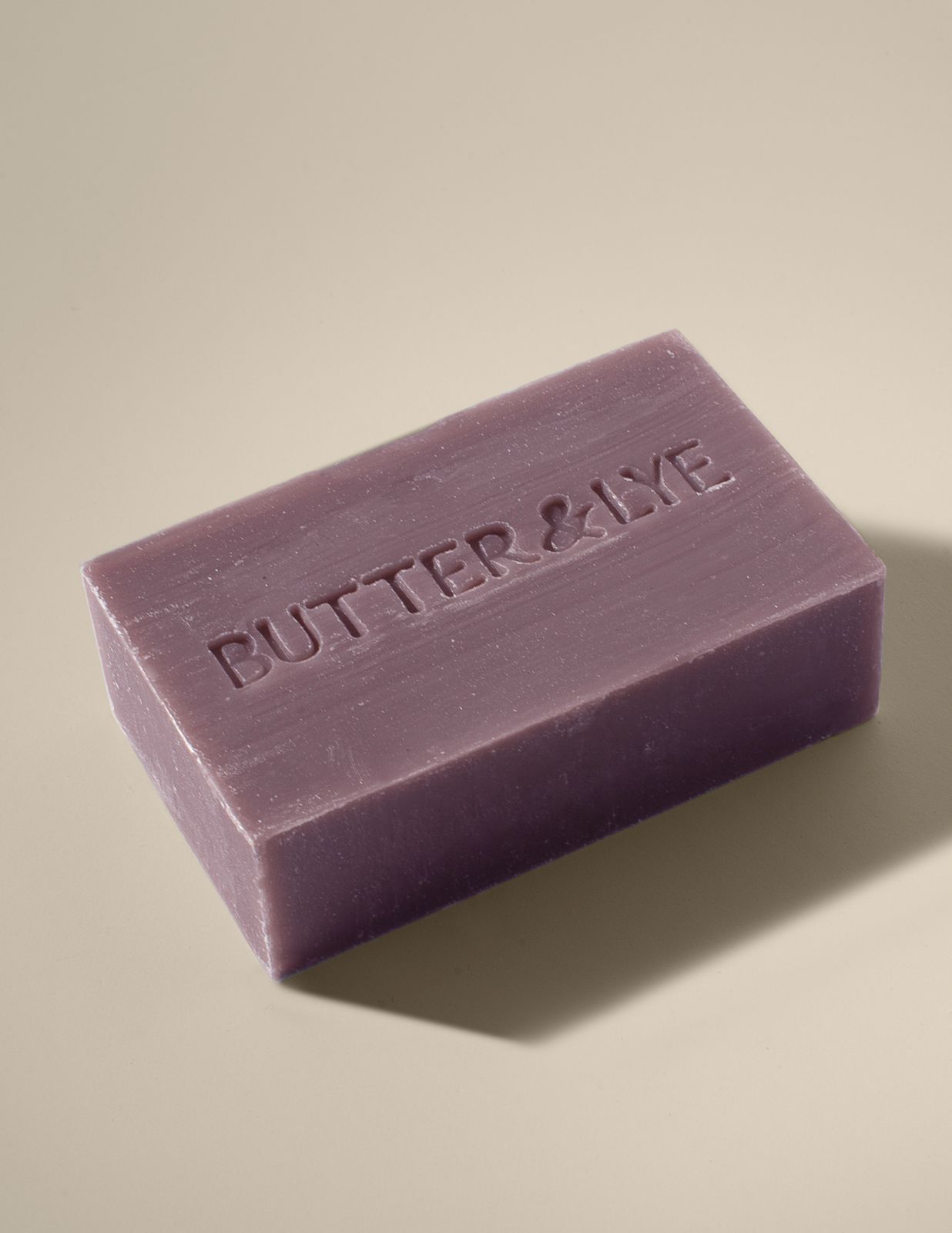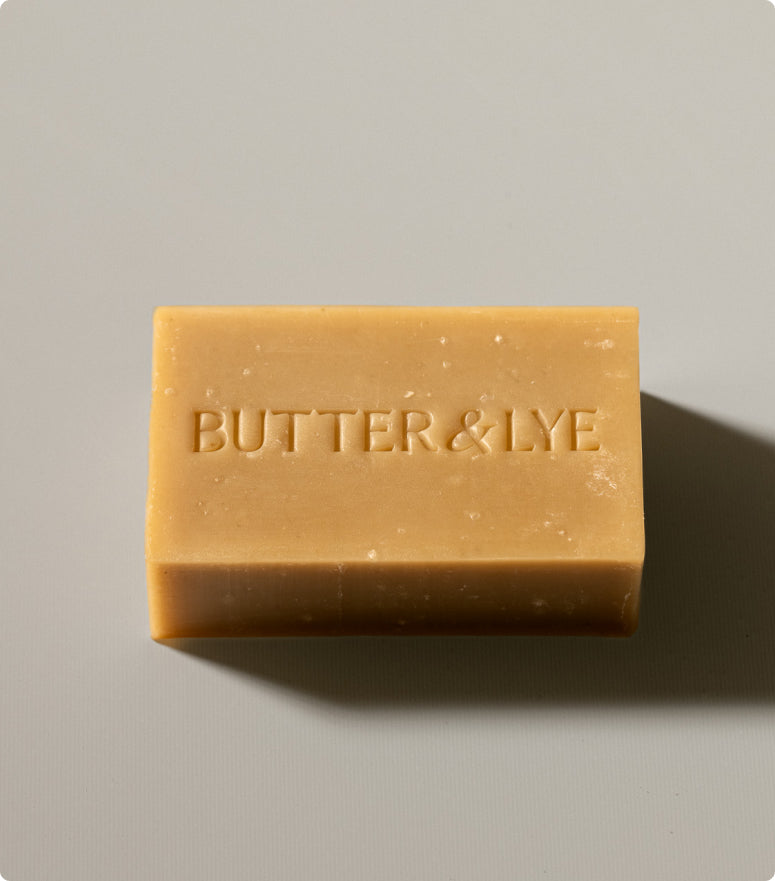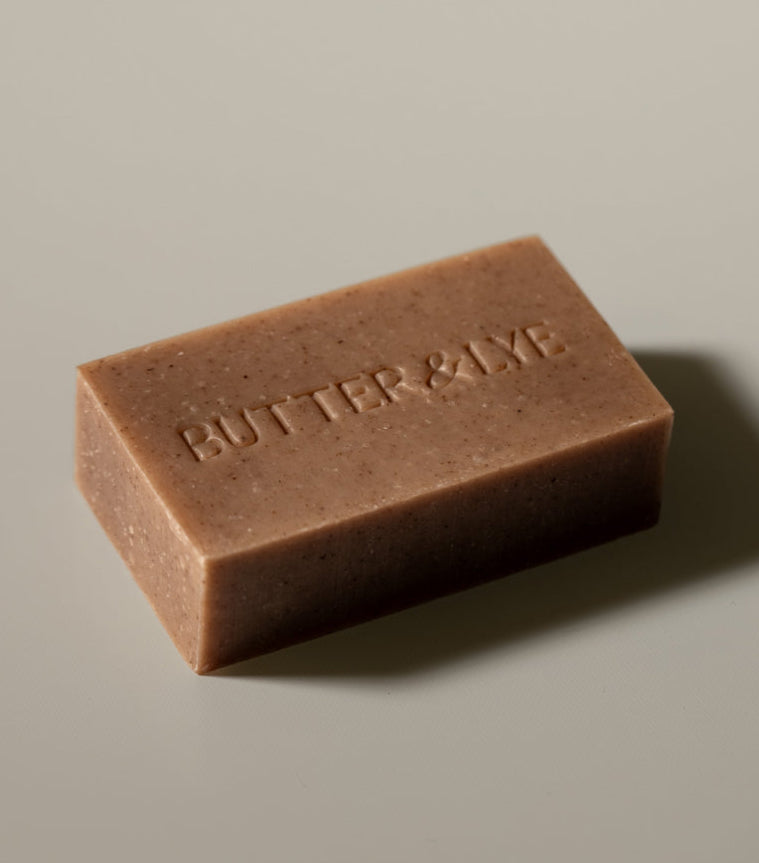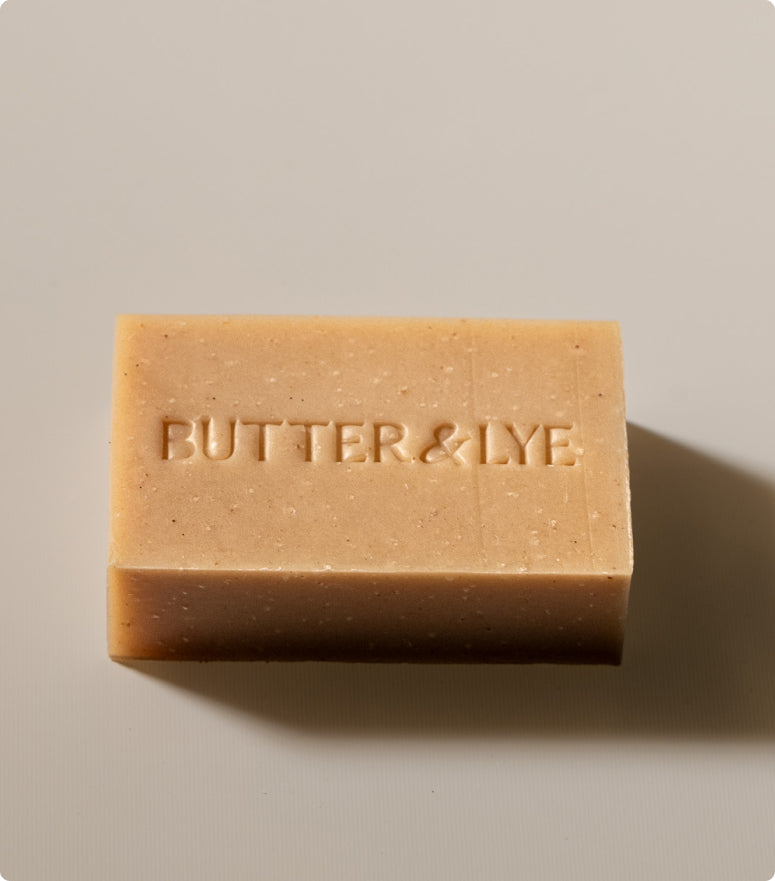The word “antibacterial” on a soap label can sound reassuring. After all, who wouldn’t want to protect themselves from germs? But what does that claim actually mean, and is it something you really need in your daily routine? The answer is more nuanced than the marketing suggests.
What “antibacterial” means on a label
When you see antibacterial on packaging, it usually means the soap contains additional ingredients meant to kill or slow the growth of bacteria. In the past, two of the most common were triclosan and triclocarban. These were added to countless soaps, body washes, and even toothpaste.

In 2016, the FDA banned these ingredients in consumer hand and body washes. The decision came after years of research showing that triclosan and triclocarban were not only unnecessary, but potentially unsafe. They didn’t perform any better than regular soap and water, and they raised concerns about hormone disruption and environmental damage.
Even though those specific chemicals are no longer allowed, some antibacterial soaps still use other agents, like benzalkonium chloride. These are less well studied and not always more effective than regular soap.
Learn more on how to read a soap label.
How plain soap already works
Here’s the part that most people don’t realize: you don’t need antibacterial additives for soap to do its job. Plain soap already works against germs by removing them from your skin. The unique structure of soap molecules allows them to surround oil, dirt, and bacteria, then lift it all away when rinsed with water.
This mechanical action of removing rather than killing bacteria makes soap highly effective. It’s one of the reasons both the Centers for Disease Control and the World Health Organization recommend plain soap and water as the gold standard for everyday hygiene.
The downsides of antibacterial soaps
While they sound like a stronger option, antibacterial soaps come with drawbacks:
-
Skin irritation: Extra antibacterial agents can be harsh and drying, leaving your skin unbalanced.
-
Resistance concerns: Overuse of antibacterial products can contribute to bacteria becoming resistant, making them harder to treat in the future.
-
Environmental impact: These chemicals often wash down the drain, where they can harm aquatic ecosystems.
When antibacterial soap might make sense
There are certain situations where antibacterial agents can be useful, such as in healthcare settings, where the risk of infection is higher and strict sanitation protocols are required. For everyday use at home, however, they’re unnecessary. Regular soap and water are more than enough to keep you clean and protected.
Why natural soap is a smarter everyday choice
Instead of focusing on killing bacteria, natural soaps focus on supporting your skin while cleansing it properly. Plant-based ingredients like sunflower oil, cocoa butter, and turmeric create a bar that is effective, nourishing, and gentle enough for daily use. You get the benefits of clean skin without the risks tied to antibacterial additives.
Shop our natural soaps:
In Conclusion
The antibacterial label may sound impressive, but for most people, it’s just marketing. Plain, well-formulated soap can do everything you need it to do without the extra chemicals your skin and the environment don’t need.
At Butter & Lye, every bar is made to clean effectively while keeping your skin balanced and calm. No unnecessary additives, no hidden irritants, just ingredients you can feel good about.
Choose a bar that works with your skin, not against it:


